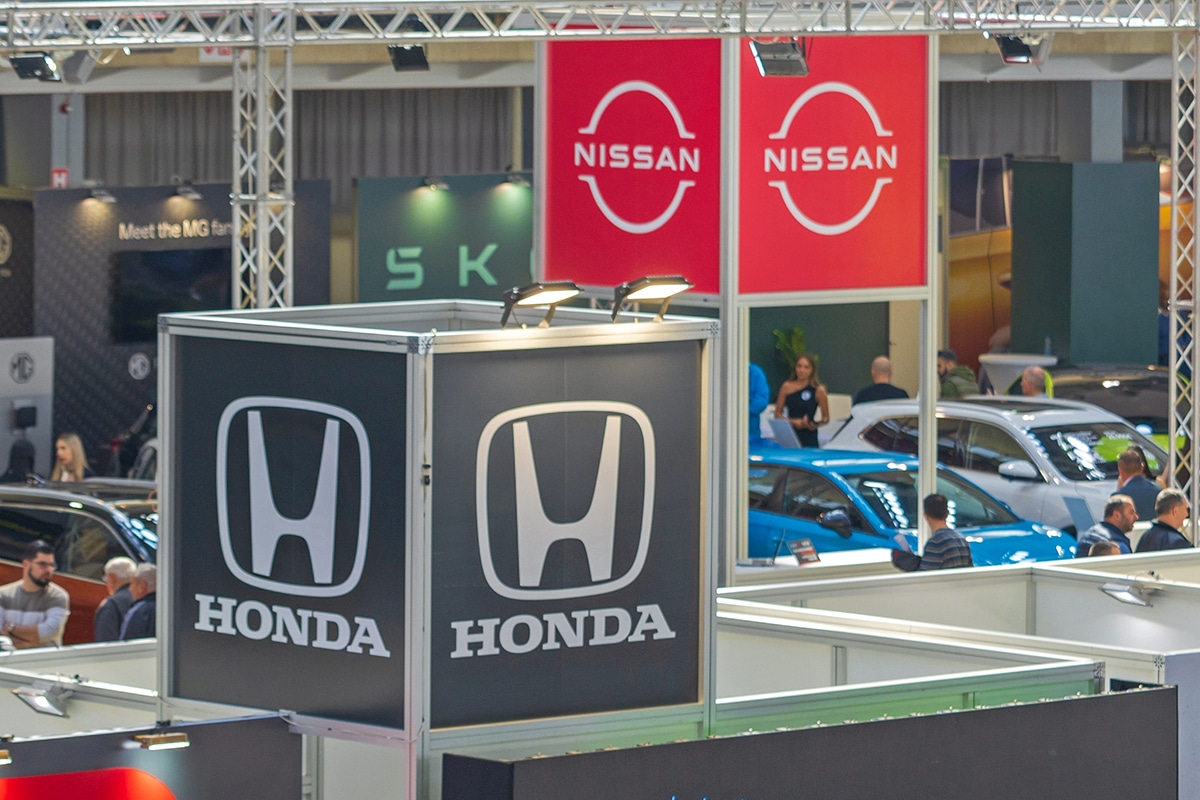In a bold move to adapt to the fast-evolving automotive landscape, Japan’s automotive giants, Honda and Nissan, are reportedly exploring merger options. This potential merger aims to consolidate their market position against intensifying global competition and rapid technological advancements.
Honda is recognized as Japan’s second-largest carmaker, boasting a market value of 6.74 trillion yen (£34bn). In 2023, Honda sold 3.8 million cars. On the other hand, Nissan, with a market value of 1.67 trillion yen, sold 3 million cars in the same year. Mitsubishi, although smaller with 700,000 vehicle sales in 2023, would also be part of this merger, combining forces with Honda and Nissan to create a formidable presence in the industry.
If successful, the merger will form the world’s third-largest carmaker based on annual sales, with a combined total of over 8 million vehicles. This strategic move mirrors the industry’s recent trends towards consolidation, exemplified by Fiat Chrysler’s merger with PSA Groupe to form Stellantis.
The automotive industry is undergoing unprecedented changes, with a significant shift towards electric vehicles (EVs). This transition is likened by Honda’s CEO Toshihiro Mibe to the mass-market sale of cars. Additionally, Chinese manufacturers such as BYD and SAIC aggressively target electric cars to expand their global market share. Faced with these challenges, both Honda and Nissan recognize the need for collaboration to remain competitive.
By merging, Honda and Nissan aim to create synergies across various fields, sharing resources and reducing costs. This alliance could enhance their capacity to innovate and adapt to new technologies, particularly electric vehicles. Industry experts advocate for such mergers to counteract competition from rapidly expanding Chinese automakers and U.S. EV leader Tesla.
While merging can lead to operational efficiencies, it may also result in restructuring efforts affecting employees. The companies will need to manage this transition carefully to retain talent and maintain morale. Streamlining operations could lead to increased efficiency and productivity.
The merger could potentially alter market dynamics significantly, challenging competitors to rethink their strategies. A successful integration would enable Honda and Nissan to leverage their combined strengths to capture greater market share and influence industry standards.
As merger talks progress, several outcomes are conceivable. The companies must navigate complex negotiations, addressing concerns such as regulatory approvals and stakeholder interests. Skeptics like former Nissan CEO Carlos Ghosn have expressed doubts about the merger’s feasibility.
Looking ahead, the merger represents an opportunity for both companies to chart a new course in an industry at the brink of transformation. Embracing innovation and sustainability will be key to their long-term success. By combining their expertise, Honda and Nissan aim to become leaders in the next era of automotive excellence.
Featured image courtesy of Yallamotor.com

